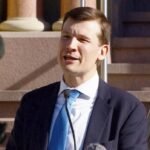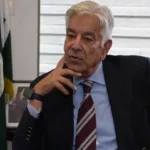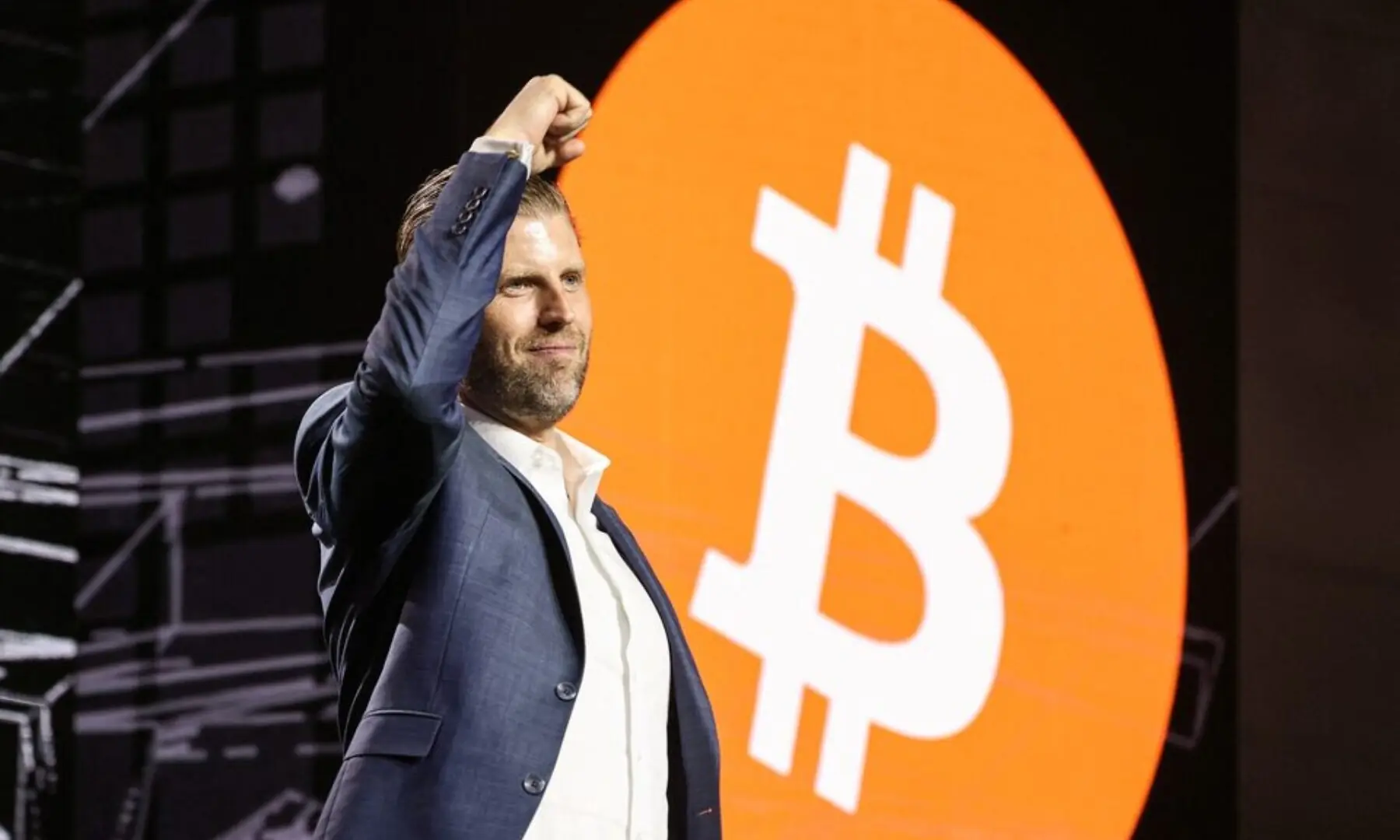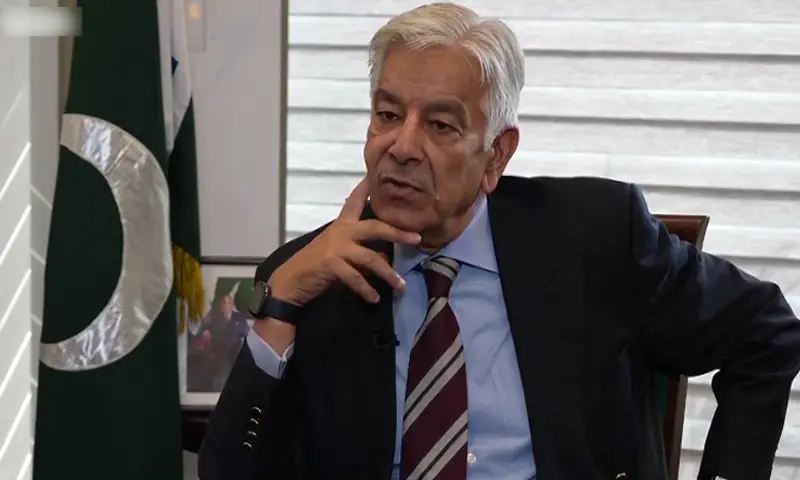Eric Trump, the son of United States President Donald Trump, was in Dubai on family business.
Meeting with a Chinese businessman and his associates on the sidelines of a cryptocurrency conference in May this year, Eric Trump ran through his usual talking points about the inefficiency of traditional banks and his own famous father’s run-ins with financiers.
Then came the pitch. Buy at least $20 million of “governance tokens” in the Trump family’s crypto business, World Liberty Financial, and become part of a venture that Eric Trump predicted would soon embody the future of finance in America, according to a person familiar with the meeting.
To some in that small gathering, the technology Eric Trump’s team described for World Liberty seemed “rudimentary“, the person said. At the time, World Liberty was a fledgling business. It hadn’t yet created the cryptocurrency-based finance platform it promised after its September 2024 launch. It still hasn’t.
Even so, the pitch apparently worked. On June 26, an obscure entity called Aqua1 Foundation, which said it was based in the United Arab Emirates, announced it was buying $100m of cryptocurrency tokens from World Liberty. It was the single largest known purchase of the so-called WLFI tokens at the time.
In April this year, the Pakistan Crypto Council (PCC) partnered with World Liberty Financial to advance cryptocurrency applications and boost blockchain adoption.
The Chinese businessman who met with Eric Trump in Dubai was Guren “Bobby” Zhou, who has executive roles in multiple businesses and who is under investigation in Britain for money laundering, according to that nation’s National Crime Agency and a document filed in an immigration case at London’s Royal Courts of Justice.
Zhou did not respond directly to requests for comment for this article.
In a statement emailed to Reuters, an entity calling itself Aqua Labs Investment LLC said Zhou was its co-founder and described itself as an Abu Dhabi entity of Aqua1 Foundation. The statement said Aqua1 Foundation’s investment in World Liberty tokens “was a commercial decision consistent with its focus on advancing regulated, scalable digital-asset ecosystems.” Zhou’s relationship to Aqua1 Foundation has not been previously reported.
Aqua1 Foundation did not respond to requests for comment. Nor did Eric Trump.
The Dubai meeting, reported here for the first time, was just one stop on a globetrotting investment roadshow the two elder sons of President Trump – Eric and Donald Trump Jr. — embarked on around the time of their father’s election to a second term. In Europe, the Middle East and Asia, they have been promoting World Liberty and other ventures that funnel investors’ cash to Trump family businesses, known collectively as the Trump Organisation.
The Trump brothers’ efforts have been a whopping success. In the first half of this year, the Trump Organisation’s income soared 17-fold to $864m from $51m a year earlier, according to Reuters calculations based on the president’s official disclosures, property records, financial records released in court cases, crypto trade information and other sources. Of the first-half total, $802m — more than 90pc — came from Trump crypto ventures, including sales of World Liberty tokens.
That $864m payday represents actual income — cash flowing, free and clear, into Trump family coffers. Reuters’ calculations were reviewed by half a dozen crypto and real estate experts and a certified accountant who has studied the US Internal Revenue Service’s approach to crypto.
The Trumps’ first-half crypto income dwarfed what the family earned from its traditional businesses — $33m from the president’s golf clubs and resorts and $23m for licensing his name to overseas real estate developers, according to the Reuters estimates.
More than half of the Trumps’ income — $463m — came from sales of World Liberty tokens alone, including up to $75m from Aqua1’s token purchase. On its website, World Liberty says a Trump Organisation entity receives 75 per cent of the revenue from the token sales through its association with World Liberty.
The family also made $336m from sales of a Trump meme coin, $TRUMP, Reuters calculated, using assumptions vetted by five analysts. Due to a lack of transparency in the Trump meme coin business, estimates of income from the coins carry a higher degree of uncertainty than those for WLFI token sales.
The Trumps are minting a trove of hard cash from digital assets backed, so far, by little more than the Trump name. World Liberty tokens, like most crypto products, are registered on digital ledgers called blockchains.
But WLFI tokens offer holders little beyond a limited say in the business’s plans, unlike governance tokens for similar projects. And meme coins like the $TRUMP coin are essentially collectables whose value reflects the popularity of the internet joke, meme or personality associated with them.
World Liberty Financial did not respond directly to requests for comment for this article. In a letter to Reuters, Timothy Parlatore, a lawyer for the company, said: “WLFI tokens are not securities; they are digital assets with real utility, including governance rights that benefit holders as the platform grows.” He also said: “The alleged valuation and income analysis of WLFI is inaccurate and misleading.”
In a subsequent email, Parlatore declined to provide further specifics on the benefits to holders of World Liberty governance tokens or his critique of the Reuters analysis.
The jump in the Trumps’ income represents “a massive pivot” for the family business, said Carter Davis, an assistant professor of finance at The Ohio State University who has studied cryptocurrency pricing and who reviewed the Reuters calculations.
“Even if you go through and you do the most conservative estimate…it’s pretty wild that you end up with such a huge fraction of the income coming from crypto.”
‘Legal but unethical’
The identities of most buyers of the WLFI tokens are hidden behind opaque “wallet” addresses — the unique identifiers investors use as keys to access and manage their holdings.
Among the few major buyers whose identities are known — a mix of foreign and US investors — most have histories of legal and regulatory entanglements related to their business endeavours. And as the Trump brothers’ travels over the past year show, foreign investors have been a major target for token sales.
Reuters interviewed half a dozen foreign crypto entrepreneurs who met with the Trump brothers. Five of them said they sought out the younger Trumps for business opportunities because of their proximity to the 79-year-old president and hopes of cashing in on his political and financial power.
For many other investors, the Trumps’ involvement signalled a chance to capitalise on the family’s name. Dorji Rabten’s Seoul-based venture investment firm, Oddiyana Ventures, bought an undisclosed amount of WLFI tokens in January. Rabten said he never met the Trump sons, but the family’s involvement was central to his investment.
“In the first very moment where we saw the project, we thought it’s going to be very huge, obviously, given the fact it’s a president’s sons taking up that project,” Rabten told Reuters in September.
The alignment of the Trump family’s crypto initiatives with President Trump’s public role as overseer of US crypto policy constitutes a conflict of interest unprecedented in modern presidential history, government ethics experts said.
“These people are not pouring money into coffers of the Trump family business because of the brothers’ acumen,” said Washington University law professor Kathleen Clark, who specialises in government ethics and was commenting on Reuters’ findings.
“They are doing it because they want freedom from legal constraints
and impunity that only the president can deliver,“ said Washington University law professor Kathleen Clark
However, the ethicists said, unless the Trump brothers are explicitly promising access to or favourable treatment from the president in their sales pitches, they are breaking no laws. “It’s legal but unethical,” said Richard Painter, who served as chief ethics lawyer for President George W. Bush and is now a professor at the University of Minnesota Law School.
None of the more than a dozen people Reuters spoke with who had met with the Trump brothers or their partners recounted any of them explicitly offering presidential access or favours in return for investing in their family businesses.
The White House has repeatedly denied any conflict of interest, saying that upon taking office, the president ended his involvement in his businesses after placing them in a trust managed by his children.
Still, as a beneficiary of the trust that controls the Trump Organisation, the president will have the money the family is now making at his disposal when he leaves office.
A White House spokeswoman referred Reuters to the Trump Organisation for comment. The Trump Organisation’s chief legal officer did not respond to a request for comment. Nor did Eric Trump or Donald Trump Jr.
Parlatore, the World Liberty lawyer, said any suggestion that investments in the firm are motivated by a desire to get closer to President Trump “is a complete lie”. He pointed out that token purchases on secondary markets — as opposed to direct purchases from the company — do not benefit the World Liberty team.
Blurring the line
World Liberty advertises its plans on its website — an app for making crypto deposits, for example, and a crypto-backed borrowing facility. But for now, as a pure business play in a crowded field, it has little to recommend it.
The venture has yet to unveil what it heralded last year as its core business: a peer-to-peer financing platform capable of challenging traditional banks. Since March, its leadership has actively promoted a stablecoin — a cryptocurrency whose value is pegged to traditional assets like dollars or gold — called USD1.
While the stablecoin’s name belongs to World Liberty, the coin is issued and supported by another company that pays World Liberty a share of the coin’s profits. The coin’s circulation is dwarfed by that of market leaders.
Further, while WLFI holders can vote on limited governance matters, the platform is not designed to let them award themselves a share of profits. That’s unusual among peer-to-peer crypto lending platforms, according to two academics who study crypto markets and a Reuters review of four of the largest platforms’ terms of business.
In July, holders voted to allow trading of the tokens on crypto exchanges. World Liberty later said that only early buyers would be allowed to sell, capped at no more than 20pc of their tokens. After trading began on September 1, the token price rose from an initial 31 cents to 46 cents and then sank about 65pc three days later. It now trades at around 14 cents.
In his letter to Reuters, Parlatore said broader adoption of the stablecoin and other World Liberty products “directly benefits WLFI governance token holders through established mechanics, which, while complicated, are factual and already operational.”
Asked for details of those mechanics and how they would benefit token holders, he said in a subsequent letter: “Your proposed article is based entirely on false sources and a misinterpretation of basic principles.”
As recently as 2021, Donald J. Trump, speaking to Fox Business, criticised cryptocurrencies as a threat to US dollar supremacy and said bitcoin “seems like a scam“.
Three years later, his take on crypto had changed.
Just weeks before the November 2024 presidential election, he kicked off sales of World Liberty tokens with a social media post: “This is YOUR chance to help shape the future of finance,” he wrote.
Since Trump’s second inauguration, his administration, reversing many of its predecessor’s positions, has been clearing the way for the crypto industry’s growth in the US. The Justice Department axed its crypto enforcement team.
Regulators scrapped guidance warning banks to be cautious about crypto-related risks. And the Securities and Exchange Commission has paused or dropped lawsuits in high-profile cases against crypto firms.
For its part, World Liberty conveys the impression of a presidential connection.
On the “Meet our team” section of its website, the firm displays a portrait of President Trump, labelling him a “co-founder emeritus”. The other co-founder emeritus shown is Steven Witkoff, a billionaire real estate investor and President Trump’s special envoy to the Middle East and for peace missions. (A small footnote says both men were “removed upon taking office”.)
Don Jr., Eric and their younger brother, Barron Trump, are presented as co-founders, as are Witkoff’s two sons, Zach and Alex. Zach Witkoff has been a ubiquitous presence with the Trump brothers as they have travelled the globe to tout tokens.
“Without the Trump name, you wouldn’t see World Liberty Financial
raising this kind of money,” said Santa Clara University finance
professor Seoyoung Kim
Kim, who specialises in crypto analytics, said she saw nothing of particular value in the technologies and services announced by World Liberty, describing its value proposition as “being part of the club“.
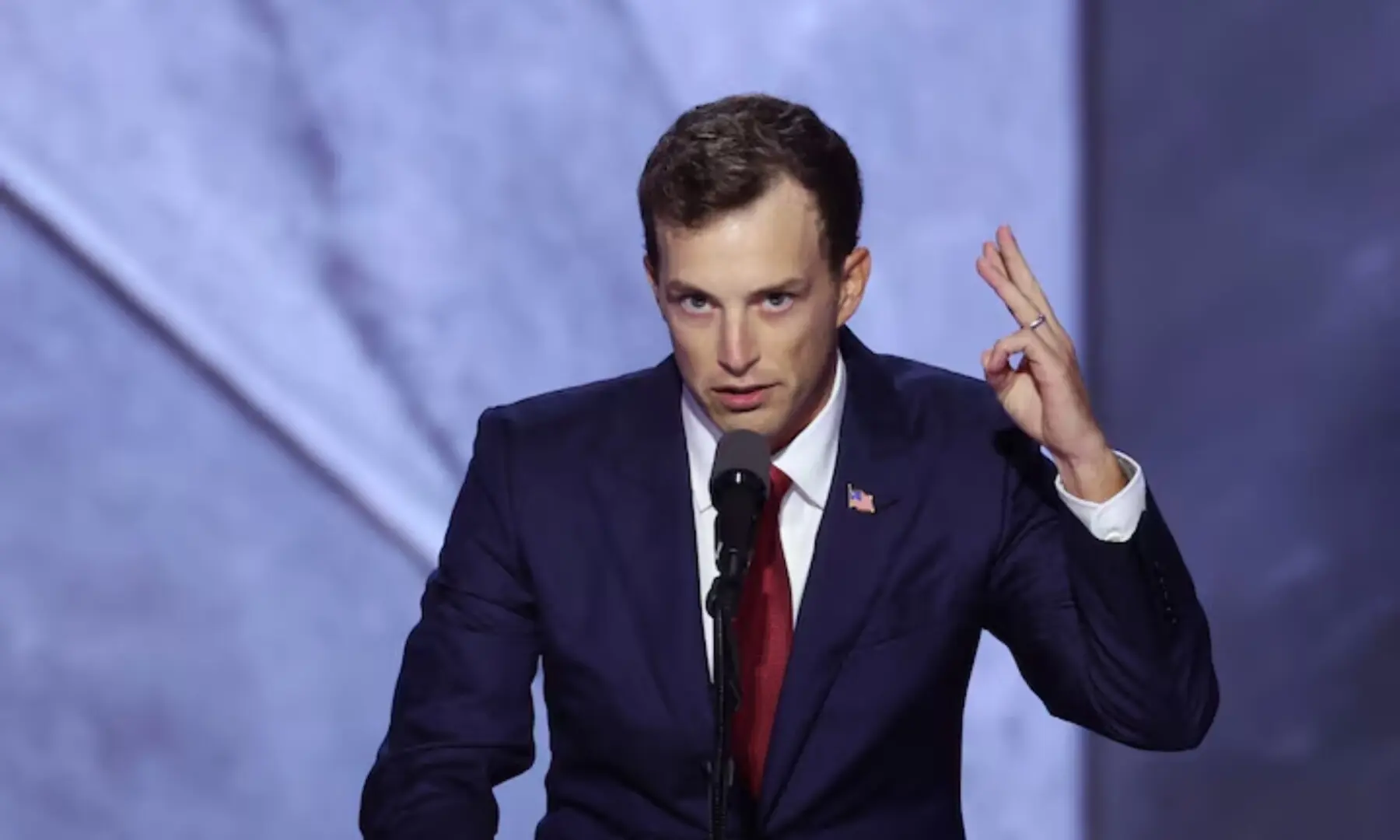
The business has transformed the Trump family’s wealth. Thanks to continuing token sales, the Trumps’ crypto income is now approaching and could even exceed $1 billion.
In early August, for example, about three weeks before WLFI began trading, a tiny Nasdaq-listed blockchain services company, Alt5 Sigma, said it had raised $750m from investors to help buy 7.5pc of all World Liberty tokens.
In corporate filings for the deal, Alt5 Sigma said that the $750m came from institutional investors and that almost all of it was used to buy tokens from World Liberty. Based on that information, the Trumps stood to gain about $500m.
“It is an incredibly exciting time,” Eric Trump told Fox Business on August 13, a day after the deal with Alt5 Sigma was finalised.
Since the deal was announced, Alt5 Sigma’s share price has dropped by 75pc. That decline did not affect the cash the Trumps have already made from the deal.
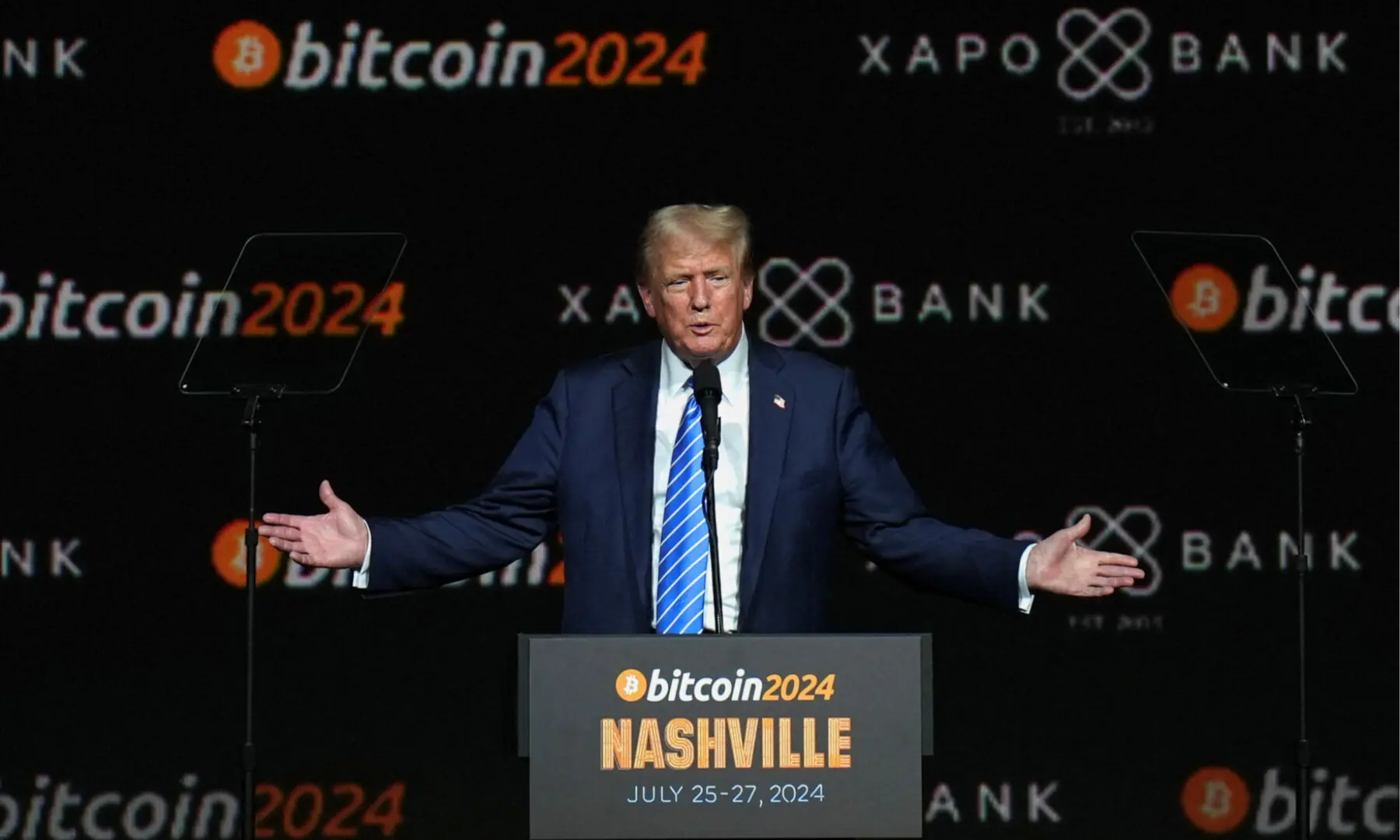
The Trumps’ cash income from crypto doesn’t even include the value of the vast crypto assets the family has amassed in the past year.
Those assets include $TRUMP meme coins and World Liberty tokens, which the family still holds. They also include shares in publicly listed Trump Media & Technology Group, which runs Trump’s social-media platform Truth Social and has expanded into crypto.
These holdings are vulnerable to wild price swings, are at risk of price collapse if major holders sell, and can be subject to restrictions on sales and transfers. Nonetheless, they carry an estimated value that — on paper, at least — could add more than $11bn to the family’s fortune.
The foreign element
World Liberty began selling WLFI tokens in October last year to both US and foreign investors. But initial sales in the US were slow.
SEC rules gave only wealthy investors access to the tokens, which shut out small retail buyers who might have wanted to buy them as supporters of the president, as they have done with scores of other products licensed by the Trump Organisation, from Trump-endorsed bibles to sneakers to electric guitars.
Soon, as President-elect Trump’s second term approached, World Liberty was at risk of losing access to the foreign buyers who were sustaining token sales.
The family’s self-imposed ethical guidelines for Trump’s first term prohibited them from seeking new business outside the US. Then, days before his second inauguration, the Trump Organisation released revised guidelines that jettisoned that constraint.
That worked.
In a review conducted for Reuters of the 50 wallets holding the largest amount of World Liberty tokens as of September 15, crypto analytics firm Nansen found that 36 wallets — with holdings valued at $804m — were likely connected to overseas buyers. Only four wallets were connected to US investors, amounting to $889m.
But most of that amount, $781m, was held by Alt5 Sigma; an additional $35m was held by a World Liberty security adviser. Nansen was unable to determine whether the remaining 10 wallets were connected to Americans or foreigners based on blockchain data at the time of analysis.
Parlatore, the World Liberty lawyer, said that more foreigners than Americans have bought crypto because there are more of them, and that crypto has higher penetration rates outside the US.
He added: “It was basically harder to sell WLFI tokens to American investors, especially initially, as the rules were very restrictive in the last administration when the token sale began.”
Among the largest buyers of the tokens is Justin Sun, a Hong Kong-based crypto billionaire. The SEC in 2023 charged Sun with fraud, selling unregistered crypto securities and hiding payments to celebrities to promote his products.
With Trump back in the White House, the commission paused the case in February, just weeks after Sun announced he had increased his total purchases of World Liberty tokens to $75m. Under the terms of World Liberty’s cash distribution agreement with its co-founders, Sun’s token purchases would have sent $56m to the Trump family.
Justin Sun did not respond to a request for comment. An SEC spokesperson declined to comment. The investigation remains paused.
Foreign interests juiced the Trump family’s income through the World Liberty USD1 stablecoin, too.
In May, MGX, a state-controlled Abu Dhabi investment company, used the coin to buy a $2bn equity stake in Binance, the world’s largest crypto exchange. The deal still accounts for three-quarters of all USD1 coins in circulation, though World Liberty has cited it as evidence of “extraordinary, worldwide demand” for the stablecoin.
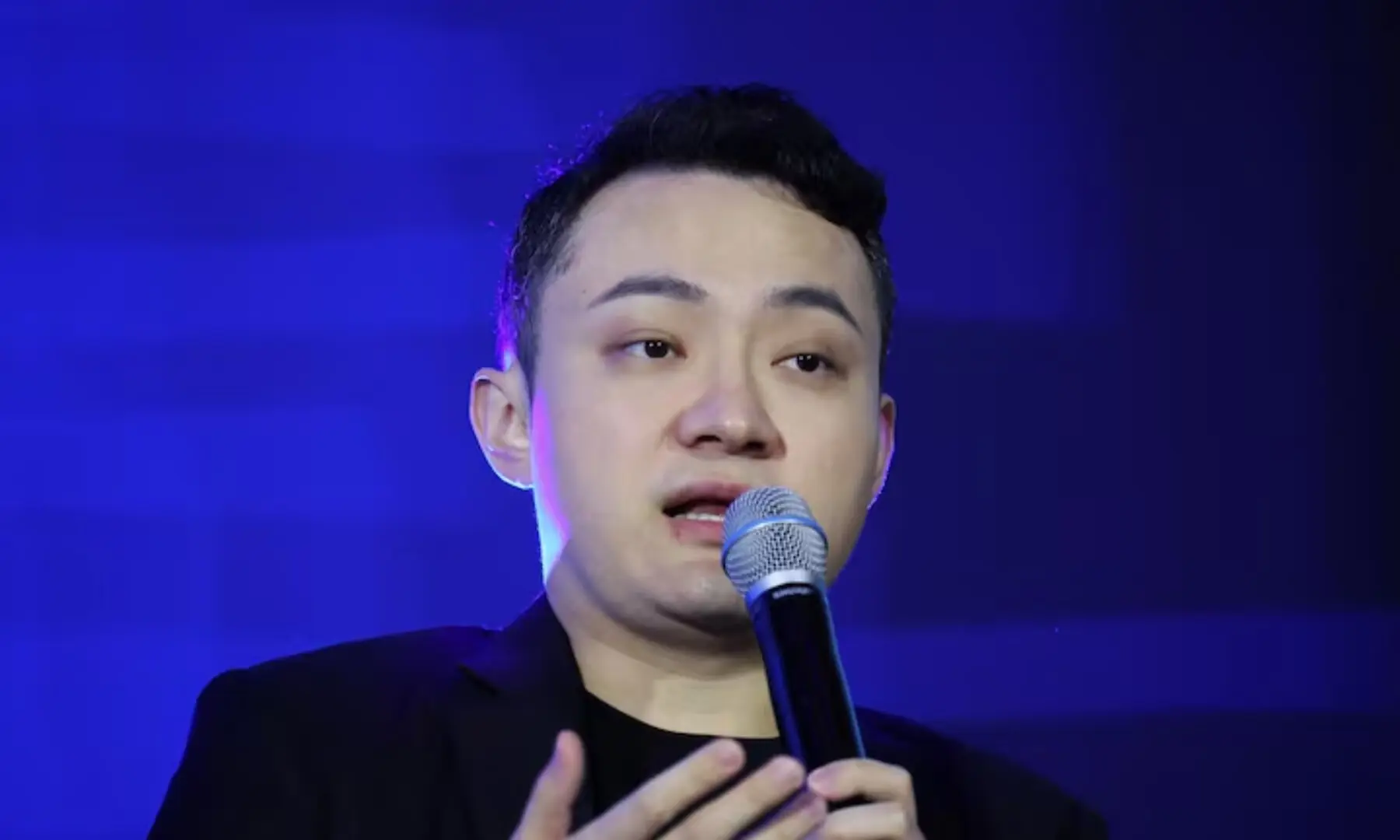
The board chairman of MGX is Sheikh Tahnoon bin Zayed Al Nahyan, the UAE’s national security adviser and a brother of UAE President Sheikh Mohamed bin Zayed. The $2bn MGX paid to create the stablecoins is held in cash equivalents such as US Treasury securities.
World Liberty says on its website that those securities kick off interest payments to some of its affiliates, including one 38pc-owned by the Trump Organisation. That income stream of about $80m annually could yield millions for the Trumps this year, based on Reuters calculations, though, because of the lack of public reporting, it’s not possible to know the final figure.
The deal sparked criticism of what was widely viewed as an egregious conflict of interest. Democratic Senators Elizabeth Warren and Jeff Merkley asked the Office of Government Ethics to launch an inquiry, warning that MGX’s purchase using the stablecoin “may violate the Emoluments Clause of the US Constitution”, which prohibits officeholders from receiving payments or presents from foreign governments.
Eric Ueland, the Trump-appointed acting head of the Office of Government Ethics, an independent agency in the executive branch, did not respond to a request for comment.
In response to a follow-up request to the ethics office’s spokesperson, Reuters received an automated message: “Due to a lapse in appropriations,” a reference to the US government shutdown, “I will be unable to process requests or respond to inquiries.”
An MGX spokesperson referred Reuters to a previous statement which said the company chose USD1 after evaluating several stablecoins, “examining such factors as business suitability, the jurisdiction and currency of assets backing the stablecoin, and compliance history.”
It noted that the stablecoin purchase did not constitute an investment in World Liberty and that MGX used the stablecoin to complete a transaction in which the seller had requested use of cryptocurrency.
MGX’s stablecoin investment also represented a turnabout for Binance in the US — from criminal convictions two years ago to a role in a deal that financially benefits the US president.
In late 2023, the exchange pleaded guilty in federal court to failing to maintain an effective anti-money-laundering program and paid a penalty of $4.3bn. Its billionaire founder, China-born Changpeng Zhao, served nearly four months in prison after pleading guilty to the same charge and stepped down as CEO, but kept his Binance stake.
In May, shortly after the announcement that MGX was using the Trump stablecoin to invest in Binance, Zhao told a podcaster that he had applied for a pardon from the Trump administration but had never spoken to the president.
Last week, the White House announced that President Trump had pardoned Zhao, saying that the previous administration of ex-president Joe Biden “severely damaged the United States’ reputation as a global leader in technology and innovation“.
After the pardon was announced, Zhao posted on social media that he was grateful to the president and would “do everything we can to help make America the Capital of Crypto“.
Zhao was appointed as a strategic adviser to the Pakistan Crypto Council in April, just within a month of its launch.
Reuters could not determine whether World Liberty had any contact with Binance before the latter accepted MGX’s investment using USD1 stablecoins.
The White House did not respond to Reuters’ questions about whether the stablecoin deal and Zhao’s pardon were connected.
MGX said it “did not seek or receive assurances from any party outside the ordinary course of business for such a transaction.” The Trump family and its business representatives did not respond to requests for comment.
Binance and Zhao did not respond to requests for comment.
In a letter to Reuters before the pardon was announced, their lawyers said Binance and Zhao are “clear” that they “conducted themselves entirely properly with regard to the MGX investment” and that “any suggestion that the MGX investment, or the use of USD1 for it, might in any way be linked to any request Mr Zhao might make for a Presidential pardon, would be wholly without foundation.”
They said their clients “did not control the payment method chosen by MGX for its investment in Binance.”
Rolling out the red carpet
The perception that Trump family businesses could provide a path to the president was on display on April 27, when Donald Trump Jr. landed at the airport in Sofia, Bulgaria.
He descended the stairs from a Gulfstream business jet to a red carpet on the tarmac and was whisked away in a long motorcade of black vehicles.
It wasn’t a state visit. It was a stop on a tour of Eastern European capitals where Don Jr. attended a series of conferences titled “Trump Business Vision 2025”.
The Sofia event was sponsored by Nexo, a crypto firm based in the Cayman Islands that left the US market after the SEC fined it $45m for offering an unregistered securities product.
As the conference in Sofia got under way, Antoni Trenchev, Nexo’s co-founder and a former member of the Bulgarian National Assembly, joined Don Jr. on stage. During the event, Trenchev announced that Nexo intended to resume operations in the US.
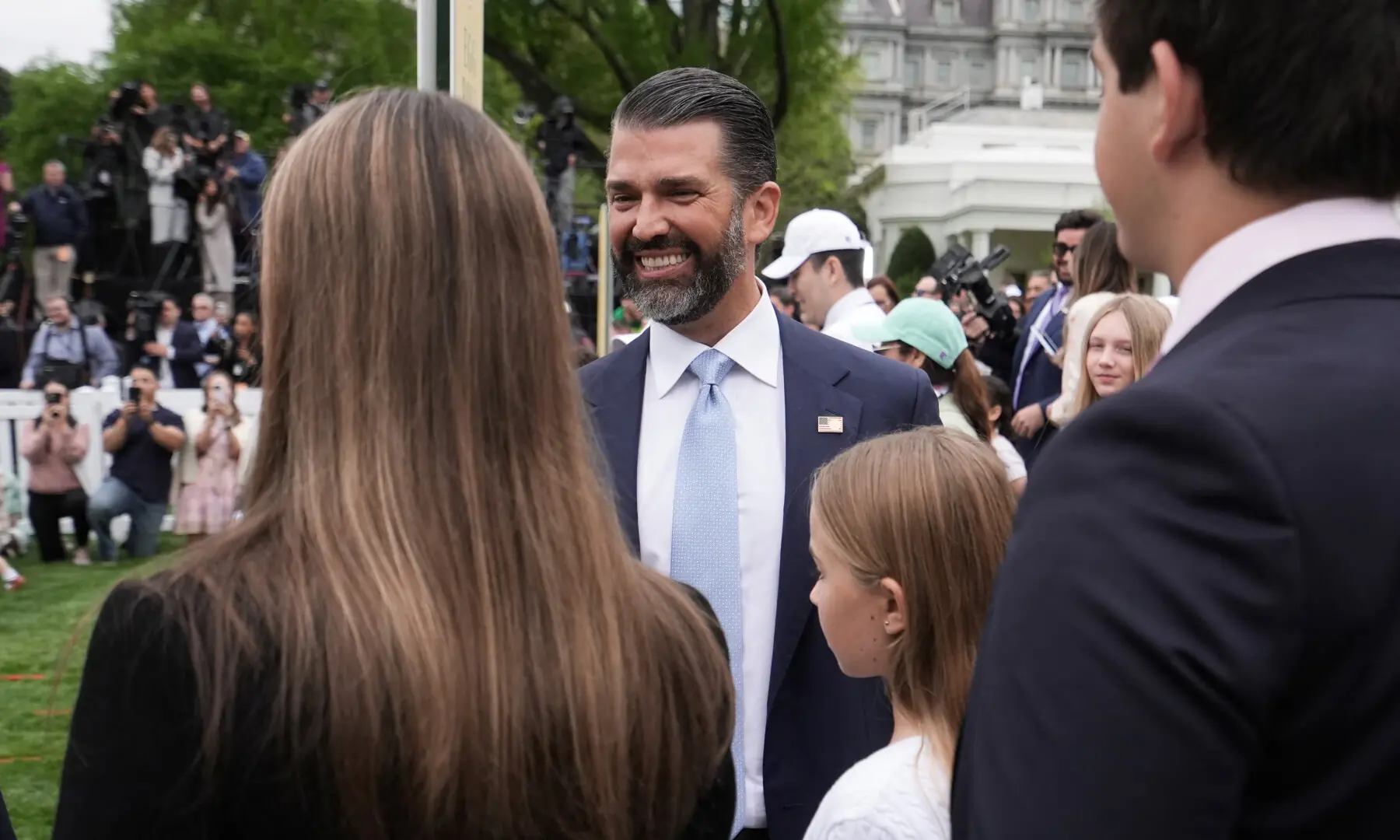
In a statement sent to Reuters, Nexo said the announcement “was not linked to Mr Trenchev’s interactions with Donald Trump Jr. or the President of the United States“.
The company also said it does not have a confirmed timeline for returning to the US, but pointed out that “the regulatory environment has begun to shift”.
By early July, Nexo had strengthened its ties to the Trump family.
That month, Nexo became a lead sponsor of a golf championship held at a Trump-owned golf course near Aberdeen, Scotland. A few weeks later, President Trump hosted Trenchev over lunch at his Scottish golf resort, where the two discussed politics and their “joint vision for crypto in the US” during a day on the links, as Trenchev later posted on X with a picture of him and the president.
“Thank you sincerely for what you are doing for all of us,” Trenchev wrote, tagging the US president’s X handle.
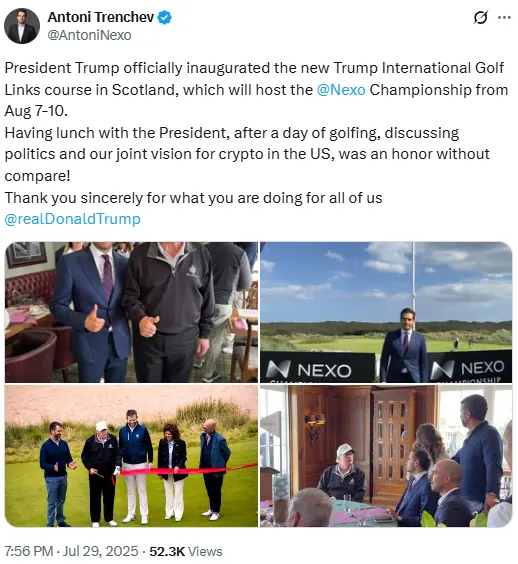
Nexo said its sponsorship of the Scottish event was part of a broader partnership with Europe’s leading golf tour. The company said its financial contribution to the partnership was eight figures but declined to be more specific. It also said it did not know what portion of its contribution, if any, would go to the Trump family.
A source familiar with the matter said Nexo agreed to pay about $10m under the three-year deal.
A checkered history
On May 1, four days after Don Jr. received a red carpet welcome in Sofia, his brother Eric took the stage in Dubai with World Liberty co-founder Zach Witkoff at a crypto conference called TOKEN2049.
There, they announced the MGX stablecoin deal and excoriated the traditional banking system as antiquated and broken. “We are going to transform the financial world,” Eric told the crowd.
Acting as a moderator was Justin Sun. At the time, he was the largest known investor in World Liberty tokens. That would soon change. Hours before walking on stage, Eric Trump had made his pitch for buying World Liberty tokens to Guren “Bobby” Zhou and a few other crypto enthusiasts.
Zhou had recently served as chairman of the UAE offices of a British Virgin Islands-registered crypto firm called Web3Port. He brought with him to the meeting a checkered legal history.
Before moving to the UAE, Zhou lived in Britain, where he was arrested in 2021 under suspicion of money laundering, according to a February 2024 court judgment in a separate case involving his UK immigration status.
The judgment says Zhou denied any wrongdoing.
Britain’s National Crime Agency, which passed the case to prosecutors in 2022, confirmed to Reuters that Zhou remains under investigation.
Additionally, in three separate civil cases between 2017 and 2023, Zhou and a family member were found by Chinese courts to have failed to repay loans totalling 19.4m yuan (about $2.4m at current exchange rates), according to court judgments reviewed by Reuters. One of those judgments notes that Zhou failed to appear in court and was tried in absentia.
Zhou did not respond to requests for comment. The Aqua Labs statement said: “Any allegations of wrongdoing contained in recent media enquiries are entirely false. Mr Guren (“Bobby”) Zhou has never been convicted of any financial crime in any jurisdiction, and any implication to the contrary is defamatory and false.”
Reuters could not determine whether Eric Trump was aware of those details when the two met. Parlatore, the World Liberty lawyer, noted that primary sales of World Liberty tokens are subject to review, but did not respond to questions about the vendors the company uses or what steps it takes beyond an initial check of buyers’ identities.
About a month after Zhou met with Eric Trump, in mid-June, Web3Port’s BVI entities changed their names, adopting “Aqua1” in place of “Web3Port”, according to local government records.
Just days later, on June 26, Aqua1 Foundation announced its $100m purchase of World Liberty tokens.
Then, on June 30, the host of a livestream chat on X out of the UAE started talking about the excitement surrounding Aqua1.
And “guess what,” the host said, there was “a special guest from Aqua1 Foundation” on the line.
That guest was Zhou, who said, “We’re very proud to be, you know, a major player in the World Liberty, which is Trump’s family’s crypto venture.”
Header image: World Liberty co-founder Donald Trump Jr. speaks at the TOKEN2049 crypto conference in Singapore October 1. — Reuters

